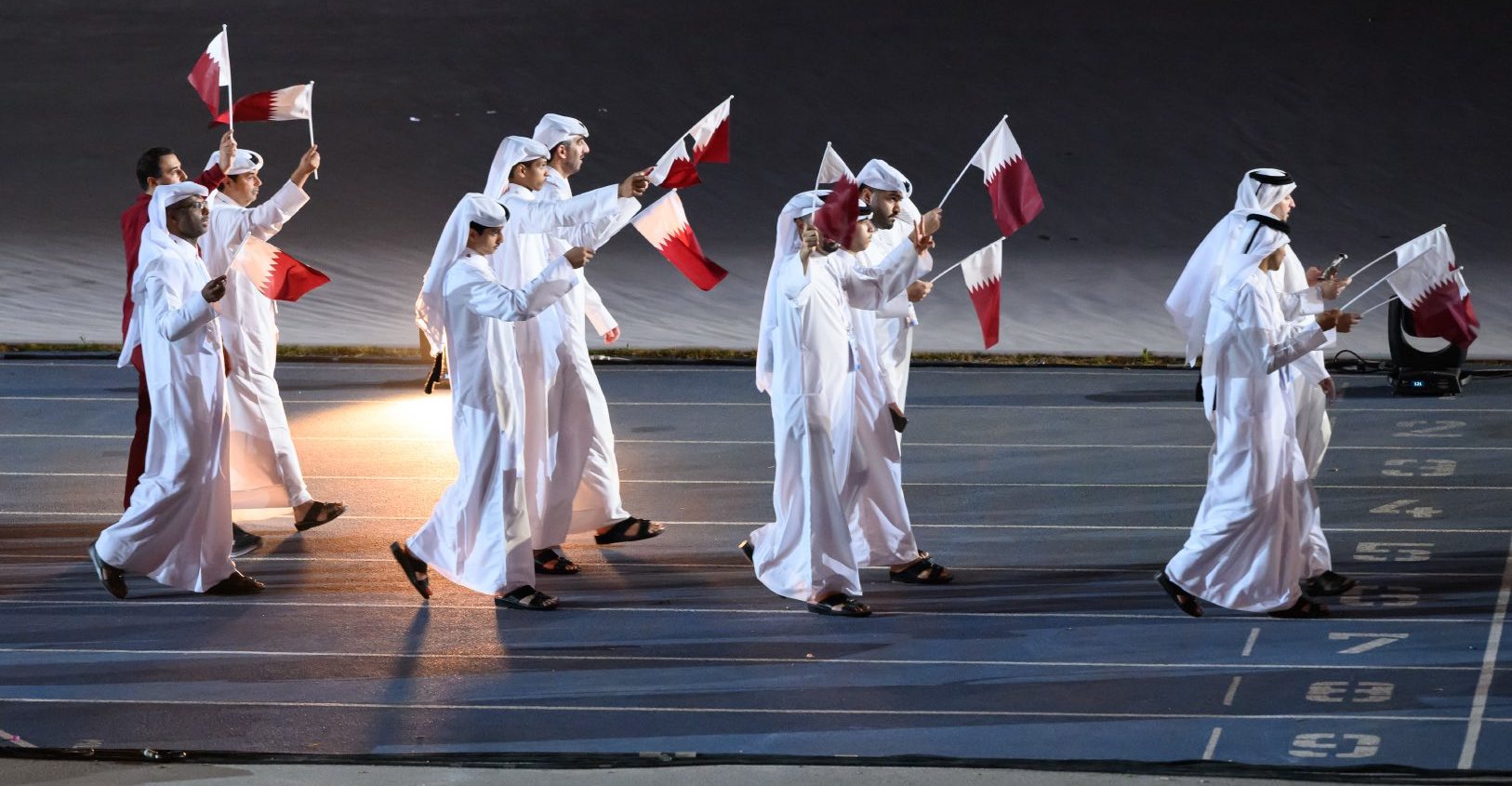Although it is typically expected to be held every four years, political turmoil and financial difficulties have made the event unstable.
The Pan Arab Games are back for the first time after more than a decade of absence, welcoming 22 nations and territories to Algeria for the first time.
This year’s Pan Arab Games is a revival of the long-forgotten legacy of the tournament and comes 12 years after it was last hosted at the Khalifa International Stadium in Doha.
The competition was championed by Ahmed EI Demerdash Touny, who was a member of the International Olympic Committee (IOC) and first launched the games in 1953 in Alexandria, Egypt.
The avid pan-Arabist persuaded Arab League members that creating such sporting contests would help craft the Arab identity regionally and globally.
Finally founded after World War Two, the concept to hold Pan Arab Games materialised after countries in the Arab world became more independent from Western powers.
Touny’s proposal for the tournament became a reality after he delivered a memorandum in 1947 to the Arab community calling for the participation of all Arabs.
“There is no doubt that gathering the Arab youth every year is the best way for acquaintance, harmony, and invitation to the spiritual unity in accordance with the second article of the Arab League charter […] It is the best way to link the youth of Arab States and enable them to build the Arab nation’s future,” his memorandum stated, as read by a study conducted by Luis Henrique Rolim Silva and Hans-Dieter Gerber.
After years of pleading and lobbying, the first tournament gained official approval and brought together eight Arab nations, as well as Indonesia, in 16 days of sports.
The second edition of the event was held in Beruit and the third was hosted in Casablanca in 1965.
Although it is typically expected to be held every four years, political turmoil and financial difficulties have made the event unstable, leaving years of gap between tournaments.
In 1985, women participated in the competition in the capital city of Rabat, Morocco.
As the years went on, the number of sports grew, diversifying into the fields of equestrian, fencing, golf, and several others. This year’s edition was set to be hosted in 2015 as Beirut had initially been awarded the event, but authorities in Lebanon withdrew because of the economic and security crisis.
Now, the games have returned to Algeria for the first time in 12 years, welcoming 22 nations and territories.







